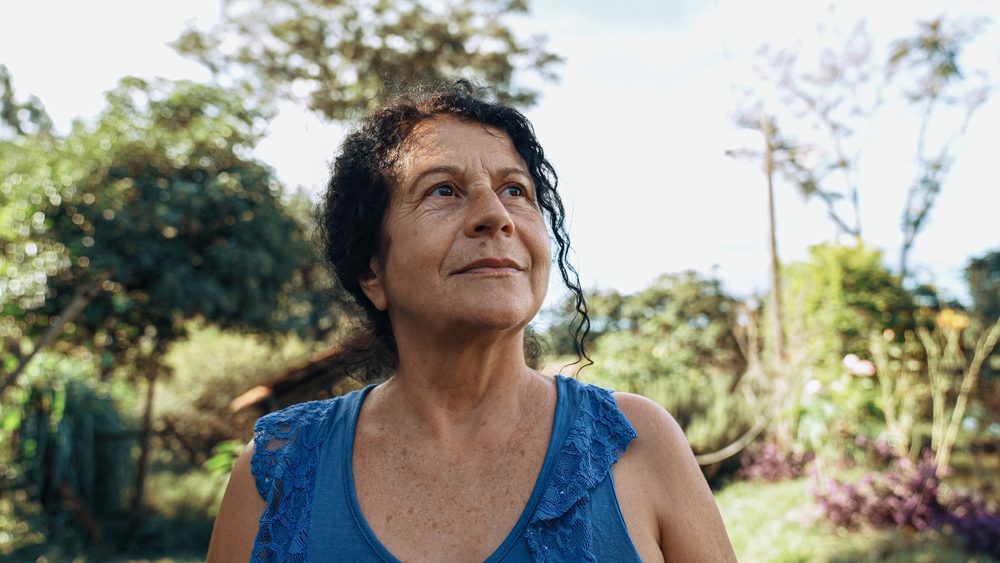Challenging mental health stigma in the Hispanic community

From an early age, I was conditioned to believe that mental illnesses are embarrassing and shameful. I was taught to build walls around my feelings, and in doing so I have condemned myself to fighting them alone.
Being part of the Hispanic community has proven to be a challenging experience when it comes to mental health. Mental health disorders are one of many battles negatively affecting our community due to the stigma and misconceptions surrounding them. Sometimes those who have the courage to ask for help wind up feeling unsupported or belittled by their own family and cultural misconceptions.
A year ago, I witnessed my family drown in guilt for not taking the signs more seriously. The night my 16-year-old cousin lost his battle with depression, around 80 members of the Hispanic community who previously did not believe in mental health disorders became advocates. Although I was not close to him, a small part of me still feels guilty for not checking up on him or advocating for his struggles sooner, after he expressed clear signs on social media. We were so conditioned to dismiss his cries for help as attention-seeking that we ended up missing vital signs of someone gasping for air.
Unfortunately, there are many members from our community who lose their battle. It is not common for individuals in the Hispanic community who struggle with mental health to not receive the treatment they need. More than 16% of Hispanics battle some kind of mental illness, but only 35% of those who struggle receive the help they need. That’s 10% lower than the U.S. average.
The Hispanic community and mental health care
According to the University of Houston, there are many factors that come to play for Hispanics who are not able to receive the help they need. These factors include:
Language Barriers: Members may have a difficult time communicating with providers due to not speaking the same language.
Lack of health insurance: In 2019 the Kaiser Family Foundation discovered that 20% of Hispanics had no form of health insurance.
Cultural Beliefs: Due to their upbringing many Hispanics may have a difficult time expressing their symptoms to providers, causing providers to misdiagnose them.
Immigration Status: For those who have no documentation, the fear of separation and deportation is often for a barrier to getting help.
More than 16% of Hispanics battle some kind of mental illness, but only 35% of those who struggle receive the help they need. That’s 10% lower than the U.S. average. Click To Tweet
We pride our culture on support, love, family, and unity. Yet when family members describe the gruesome war happening inside of their head, we often struggle with stigmatizing beliefs. Once we hear the words depression or anxiety, we may be quick to turn a blind eye.
“Maybe if you prayed more and talked to god, you wouldn’t feel the way you do”
“You’re a man; men don’t cry.”
“You are too young to know anything about stress or depression.”
To those families who have lost someone to depression, I am truly sorry, and I understand your pain. As we fight against the stigma around mental health disorders, we can start by familiarizing ourselves with the signs of a mental health struggle.
Here are some clear signs that should raise awareness:
Social withdrawal
Dramatic changes in eating and sleeping
Frequent outbursts of anger
Substance use
Changes in ability to manage responsibilities at home and/or at school
If I could go back and tell my cousin anything, I would say: Do not give up. Your life is worth so much, and your family would miss you for the rest of their lives. Help is available, and you deserve support.
It is important to remind our community that depression is real. Mental illnesses exist, and they do not discriminate based on your age, skin color, abilities, or financial status.
If we can learn how to support our loved ones during a mental health struggle, we can lean on those values that make our community strong: support, love, family, and unity.







